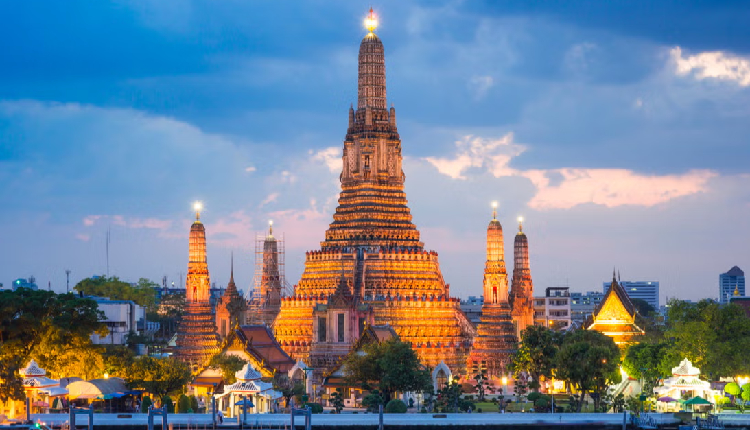Thailand is gearing up to legalise casinos as part of a broader push to revitalise its tourism industry and attract billions in foreign investment and taxes.
The government has opened a public consultation period until August 18 on draft regulations that would grant initial 30-year casino licenses, renewable for another decade.
These gambling establishments would be integrated into larger entertainment complexes featuring hotels, convention centres, and amusement parks.
The move positions Thailand alongside the United Arab Emirates (UAE) and Japan in the global casino market, a sector that generated $263 billion in revenue last year, according to IBIS World.
Major casino operators like Galaxy Entertainment Group, MGM Resorts International, and Las Vegas Sands have expressed interest in the potential Thai market.
Prime Minister Srettha Thavisin, who took office less than a year ago, has made attracting foreign investment a top priority.
He believes that legalising casinos will improve government oversight and tax collection. A parliamentary study has estimated that legalised casinos could boost tourism revenue by approximately $12 billion.
Proposed regulations stipulate that casino complexes must be located in government-designated areas and operated by Thai companies with a minimum capital of 10 billion baht ($283 million).
A new government agency will oversee the industry. Potential locations include major tourist hubs like Bangkok, Phuket, Chiang Mai, and Pattaya.
Tourism is a cornerstone of Thailand’s economy, contributing roughly 20 per cent of jobs and 12 per cent of GDP.
The country has seen a strong rebound in visitor numbers, with arrivals up 34 per cent to over 20 million in the first seven months of this year compared to the same period in 2023.
Attribution: Bloomberg


